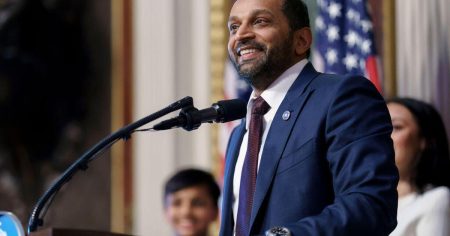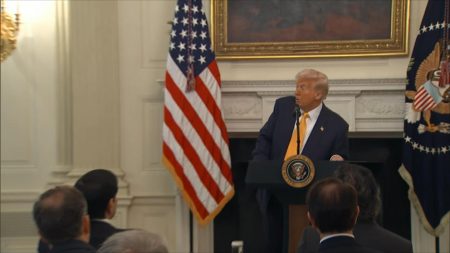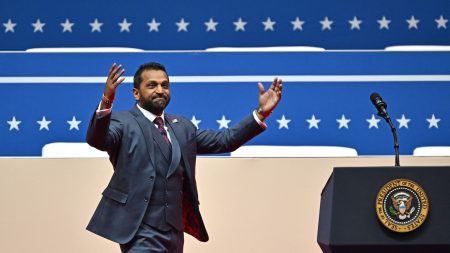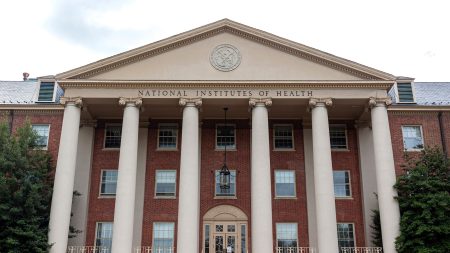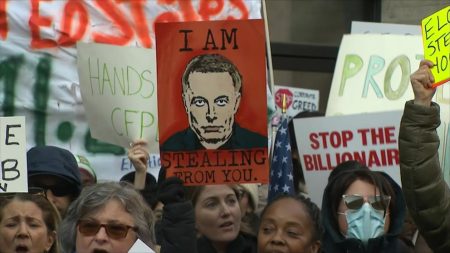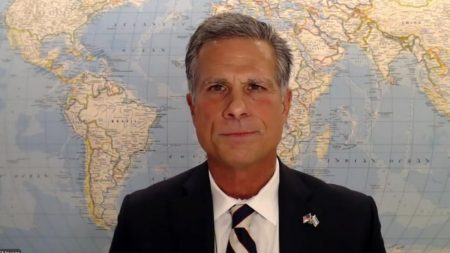Federal Agencies Face Potential Job Cuts Under New Efficiency Measures
The federal workforce is bracing for significant changes as Elon Musk, the head of the White House’s Department of Government Efficiency (DOGE), has introduced new measures aimed at reducing the size of the federal government. Musk, who was tapped by President Trump to lead this initiative, has made headlines with his aggressive approach to streamlining federal operations. In a recent post on X, Musk instructed federal workers to document every activity they performed last week or face resignation. This directive has sparked concerns among federal employees, who are now under pressure to justify their roles or risk losing their jobs. President Trump has publicly expressed support for Musk’s efforts, encouraging him to take an even more aggressive stance in reducing the federal government’s size. Trump emphasized the need to "save the country" and make it "greater than before," signaling a broader push toward a leaner government.
The Role of the Department of Government Efficiency (DOGE)
Since Musk took the helm of DOGE, his team has been actively working to slash thousands of federal positions across various agencies. This effort is part of a larger strategy to reduce the federal government’s footprint and improve efficiency. Musk has framed his approach as consistent with President Trump’s goals, which include cutting down on what critics argue is unnecessary bureaucracy. However, the rapid pace of these cuts has raised questions about the impact on essential government services and the morale of federal workers. DOGE has also been at the center of controversy due to its attempts to access sensitive government data, a move that has drawn scrutiny from privacy advocates and lawmakers alike.
The Impact on Federal Agencies and Workers
The potential job cuts have sent shockwaves through federal agencies, leaving many employees uncertain about their future. Musk’s demand for detailed documentation of their work from last week has created a sense of urgency and anxiety. Federal workers are now under immense pressure to prove their value to the administration, with the threat of resignation looming over those who fail to comply. This approach has been criticized by some as heavy-handed and demoralizing, with concerns that it could lead to a brain drain of experienced personnel. The affected agencies span a wide range of government functions, from public health to national security, raising fears that the cuts could compromise critical services.
Controversies Surrounding DOGE’s Actions
DOGE’s efforts to access sensitive government data have added another layer of controversy to Musk’s tenure. Critics argue that such access could pose significant privacy risks, especially if the data is mishandled or misused. This has led to calls for greater oversight and transparency in DOGE’s operations. Additionally, the speed and scale of the job cuts have raised questions about the long-term implications for government effectiveness. While proponents argue that these measures are necessary to streamline operations and reduce waste, opponents warn that the haste and lack of deliberation could lead to unintended consequences, such as diminished capacity to respond to emergencies or manage complex programs.
The White House’s Silence and Public Reaction
The White House has remained silent on the matter, despite requests for comment from CBS News and other outlets. This lack of response has only added to the confusion and concern among federal employees and the public. Meanwhile, public reaction has been mixed, with some supporting the push for greater efficiency and others expressing alarm over the potential consequences of such drastic cuts. The situation has also sparked a broader debate about the role of the federal government and how it can best serve the public interest in an era of increasing complexity and challenges.
Conclusion: A New Era for Federal Government Efficiency
The measures introduced by Elon Musk and DOGE represent a significant shift in how the federal government operates. While the goal of reducing inefficiency and cutting waste is broadly supported, the aggressive approach and lack of transparency have raised important questions about the impact on federal workers and the services they provide. As the situation continues to unfold, one thing is clear: this is a new era for federal government efficiency, with far-reaching implications for the workforce, government services, and the public at large. The coming months will be crucial in determining whether these changes ultimately benefit the country or lead to unintended consequences that could resonate for years to come.







